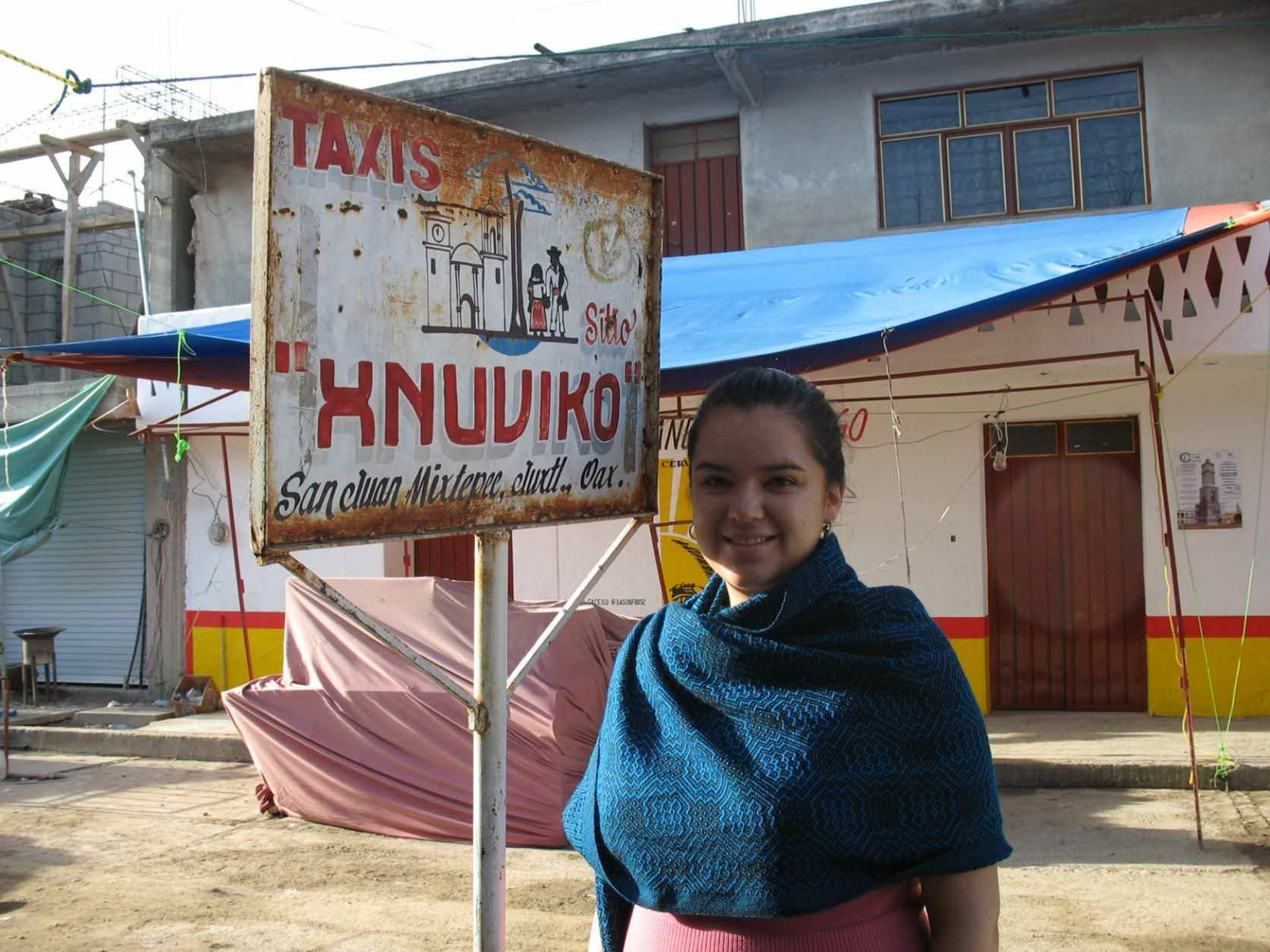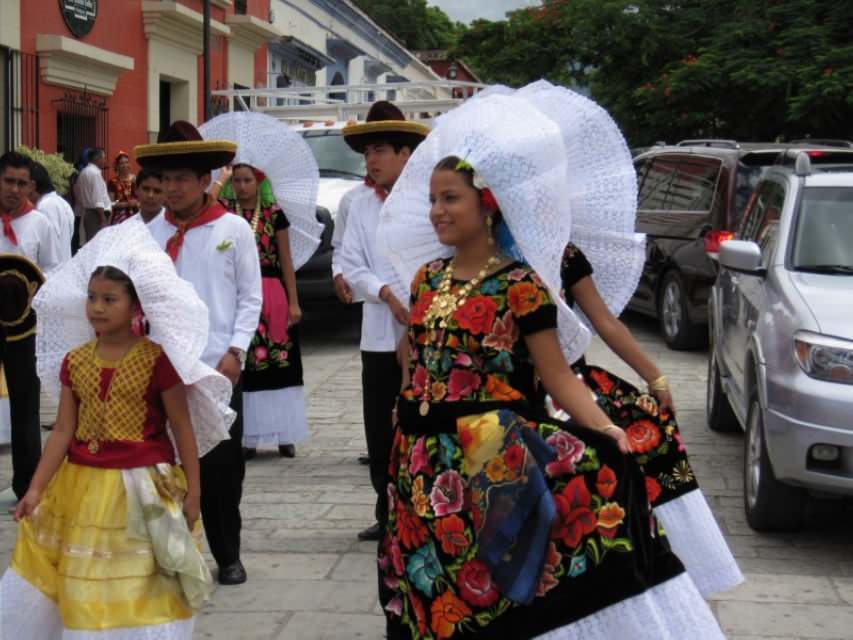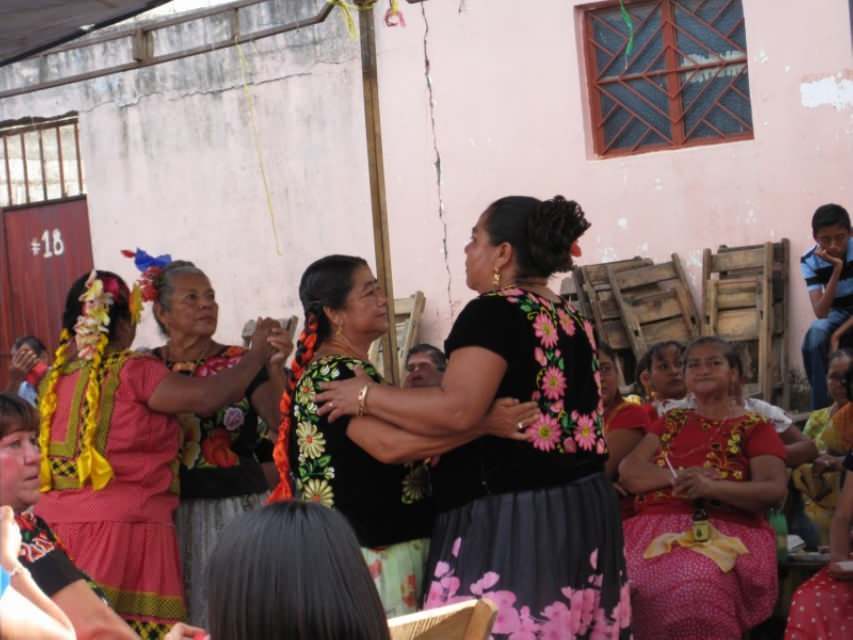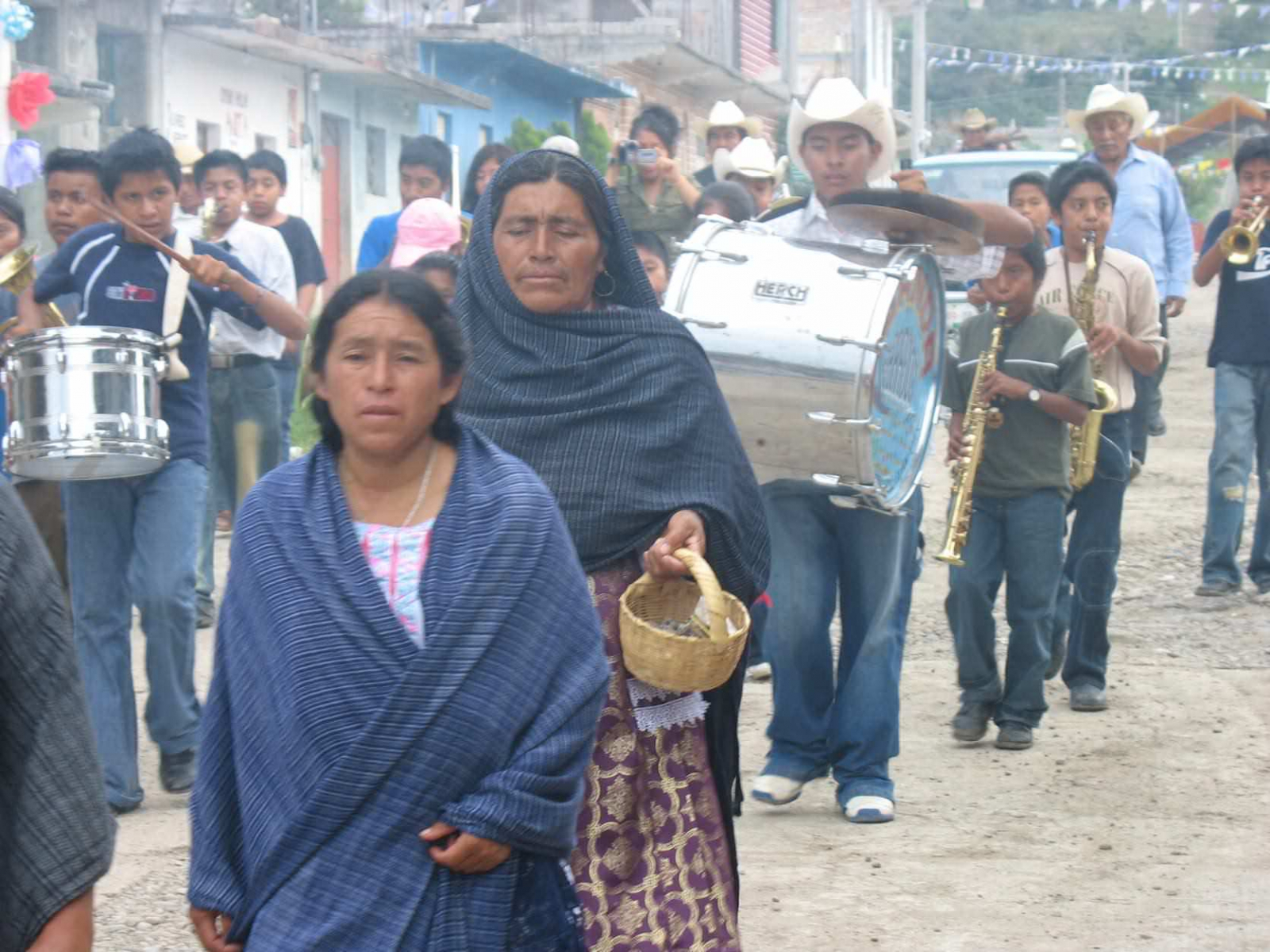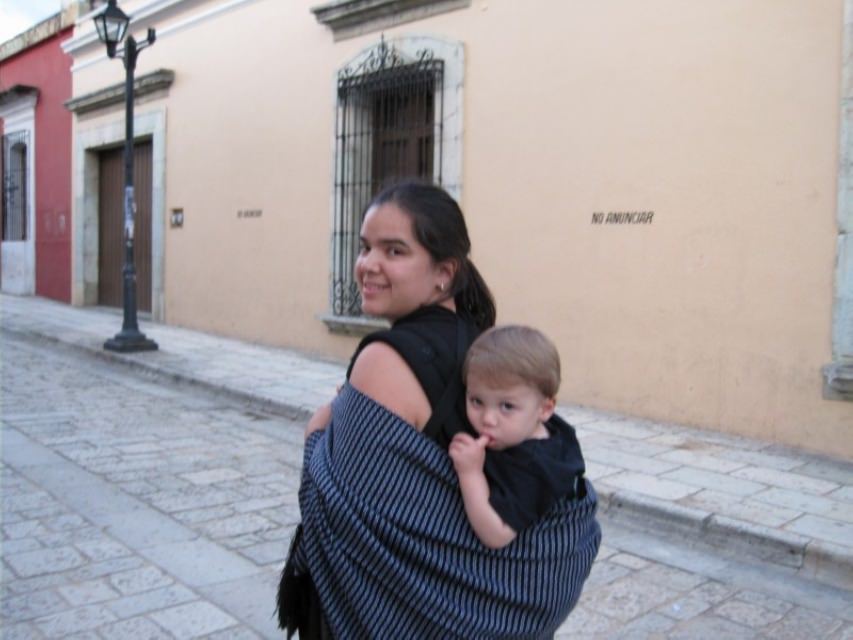With over a quarter-century of service to Latin American immigrant children, families and multi-generational U.S.-born Latin@ communities, my journey has been intimately intertwined with the rich tapestry of Latin American heritage. Born in the U.S. yet raised by my abuelita, a Zapotec Indian matriarch from Oaxaca’s coastal region, I grappled with the notion of being labeled ‘Hispanic’ upon my return to the United States at 18. While I acquiesced, it was not without reservation. My abuelita’s roots ran deep in indigenous culture, her language Zapoteco, not Spanish. In Mexico, boasting over 68 recognized indigenous ethnic groups, each with its own language, the truth is that not all share a Spanish heritage or tongue. Why, then, elevate the heritage of our colonizers?
In 1998, when I first marked ‘Hispanic’ on my state ID, I lacked the language or awareness to challenge this mislabeling. It felt inauthentic, as if a crucial part of my identity was being brushed aside to fit within a confining box. This box demanded erasure, denying my indigenous essence, the very bloodline that connected me to my cherished grandma and our Zapotec lineage.
Fortunately, enlightenment came swiftly. I learned to assert and safeguard my indigenous identity as a mujer Latinoamericana, while also embracing the complexities of my existence: Mexico-Americana, native Spanish speaker, bilingual and a blend of Zapotec with a hint of olive-hued Spanish in my veins–mestizaje. It was in college that I discovered the multitude of non-Hispanic Latinidades or Latin@ identities: the Afro-Latin@, the Brazilian, the Queer Xican@, the Mayan, the Nahuatl, the Mixtec@, the Otomi, the Tzotzil, the Lenca, the Chorti, the Garifuna and the Xinka, among others.
In reflecting upon the significance of Hispanic Heritage Month within the humanitarian landscape, it is crucial to engage in a thoughtful examination of terminology. I empathize with the familiarity most hold with the terms Hispanic or, most recently, Latino/a, and I must emphasize the empowering essence embedded within Latin@. The ‘@’ symbolizes a rejection of the gender binary, signifying a beautiful tapestry of solidarity that embraces queer and non-binary voices within our diverse community.
While I acknowledge that ‘Hispanic’ presently holds official status in honoring Latinidad in the U.S., I invite us to seize an opportunity for enlightenment. This term, while widely recognized, falls short of inclusivity for all those with cultural ties to Latin America residing in our midst. More profoundly, it carries the weight of historical connotations deeply rooted in colonial ideologies. This legacy, unfortunately, marginalizes Indigenous and Afro-descendant communities, failing to recognize them as integral members of our shared Latin American heritage.
To move forward, we must recognize that the confines of ‘Hispanic’ no longer serve our evolving understanding of Latin@/Latinx identity in the United States. Even the United States Census Bureau has recognized the importance of broadening our perspective by incorporating ‘of Latino origin’ in place of the erstwhile ‘Hispanic.’ Moreover, acknowledging Central and South American indigenous groups under the banner of ‘American Indian’ marks a significant step towards a more inclusive narrative.
I understand that advocating for this shift may pose challenges, but it is a vital endeavor in our pursuit of authenticity in diversity and inclusion.
Allow me to reiterate my deep personal connection to this discourse. As the granddaughter of a Zapotec Indian woman from Mexico, the resonance of this matter is profound. I am acutely aware that the ‘Hispanic’ label would never truly encompass the essence of my identity, and I imagine this sentiment echoes among many Indigenous and Afro-descendant individuals within our Latin@ community. It is worth noting that over 40% of unaccompanied immigrant children, a significant demographic CWS serves, hail from Indigenous, non-Hispanic, Guatemalan communities.
As we celebrate the vibrant mosaic of Latin@ identity, let us move beyond the confines of ‘Hispanic’ and honor the full spectrum of voices that shape our collective heritage. Together, let us stand for inclusivity, recognizing and embracing the richness of our shared Latin American legacy.
Blanca Torres is the Deputy Director of Monitoring and Evaluation, Home Study and Post Release Services for CWS’ Children Services.

